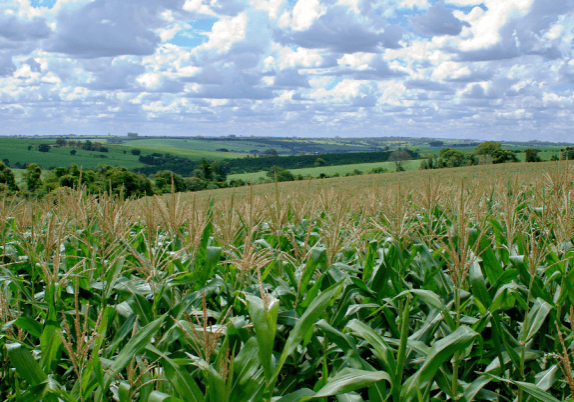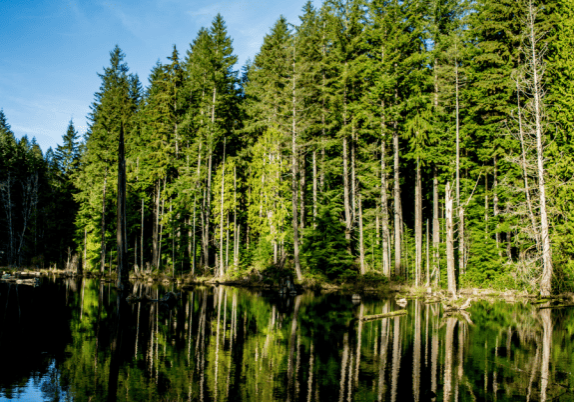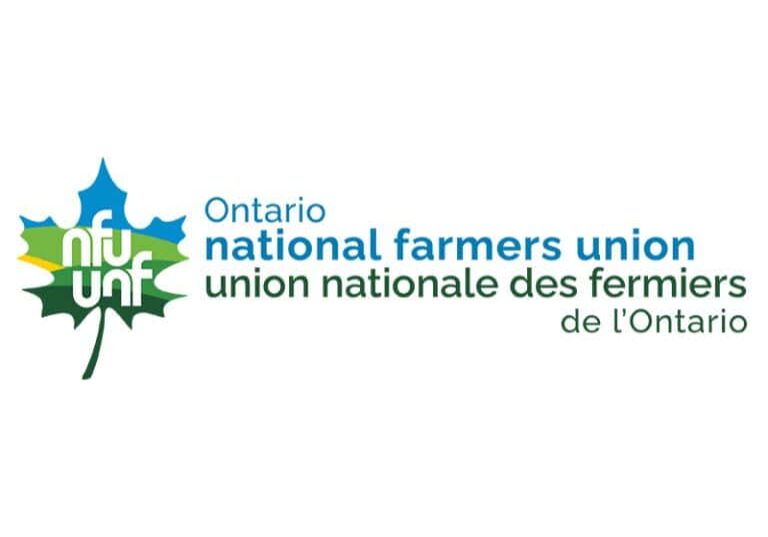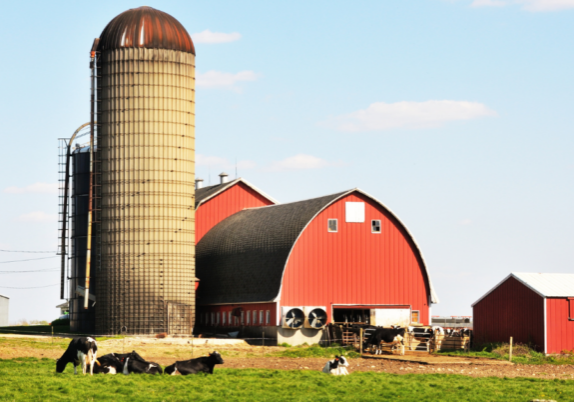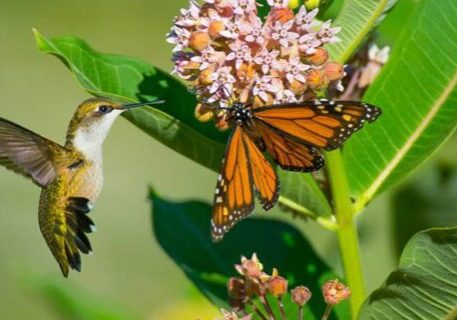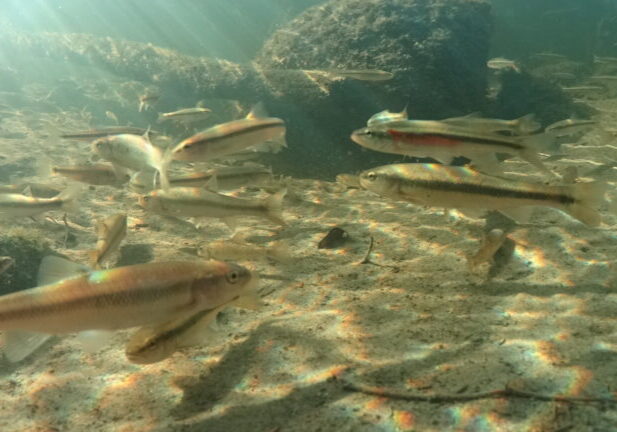Re: ERO 025-0909 – Proposed legislative and regulatory amendments to enable the Species Conservation Act, 2025.
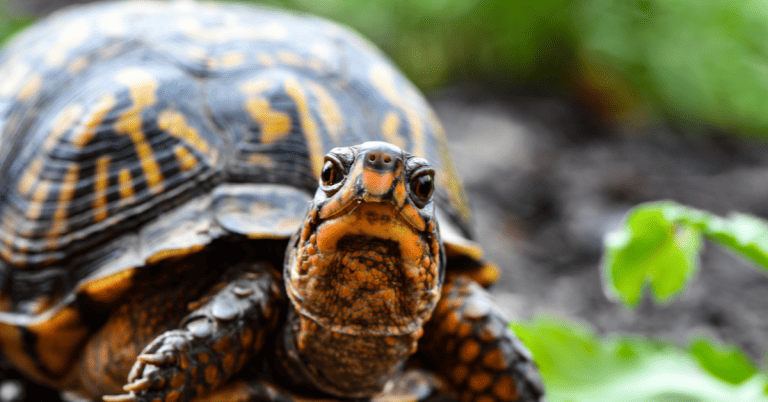
November 6, 2025
Species at Risk Branch
Ministry of the Environment, Conservation and Parks
40 St. Clair Ave West
Toronto, ON
M4V 1M2
Re: ERO 025-0909 – Proposed legislative and regulatory amendments to enable the Species Conservation Act, 2025.
We, the 88 undersigned organizations, submit the following comments and recommendations on the proposal for enabling the Species Conservation Act, 2025 (SCA).
We reiterate our objection to the replacement of the Endangered Species Act, 2007 (ESA) with the far weaker SCA as noted in our submission on ERO 025-0380, which was not adequately addressed or responded to when the Government of Ontario proceeded to pass Bill 5. Ontario’s at-risk species need more protections, not less, in the midst of a biodiversity crisis. Specifically, we urge the government to commit to implementing, with appropriate resourcing, the Ontario Biodiversity Strategy, which sets out targets and actions necessary to halt and reverse biodiversity decline.
This proposal to enable the Species Conservation Act will only further undermine progress on the Ontario Biodiversity Strategy and further imperil our most vulnerable species. This proposal does not adequately address concerns with the overall approach to managing at-risk species as noted in our submission on ERO 025-0380, specifically:
- the far more limited definition of ‘habitat’ when compared to the ESA;
- the discretionary listing of species, removing an independent and evidence-based assessment approach;
- the offloading of responsibility for migratory birds and aquatic species to the federal government;
- the registration first approach; and,
- the elimination of recovery strategies, which makes it impossible to assess, mitigate and avoid harms to species.
In addition to the unresolved comments listed above, we offer the following comments and recommendations on the new proposed regulations under the SCA:
- Protected Species in Ontario List Regulations
We note that this proposed regulation results in 106 fewer listed species in Ontario, including 64 species listed as special concern and 42 aquatic and migratory bird species listed under the federal Species at Risk Act.
While the 64 species listed as special concern have no s.9 prohibitions under the ESA, they are still listed in Schedule 4 of O.Reg 230.08: Species At Risk in Ontario List, a practice the SCA should carry forward.
For non-aquatic species or migratory birds that are listed both provincially and federally, the inconsistent definition of habitat, approach to species listing and recovery planning between the SCA and federal Species At Risk Act (SARA) will lead to conflicting management and jurisdictional confusion. Additionally, this proposal notes that this list “removes duplication for species already receiving federal protections.”
Yet, the proposal does not identify the status of federal recovery strategies or habitat orders for these 42 aquatic and migratory bird species. To date, the federal government has been reluctant to exercise its power under SARA and a lack of defined procedures for habitat identification has led to delays in protection actions[1]. This proposal assumes that the federal government will protect these 42 aquatic and migratory bird species, but provides no assurance that protections are equivalent to those being lost compared to the ESA.
Additionally, this approach runs counter to the federal, provincial, territorial Accord for the Protection of Species at Risk, which stipulates a need for complementary species conservation initiatives. Furthermore, the Canada-Ontario Agreement on Species at Risk specifies coordination between the federal and provincial governments on regulations, policies and guidelines for the effective protection of species at risk. Yet, this proposal makes no mention of this agreement or the position of the federal government regarding the Species Conservation Act.
For this proposed regulation we recommend that:
- the 64 species listed as special concern continue to be listed in the regulation for transparency and clarity as done under the ESA
- the Ministry clarify the status of federal protections for the 42 aquatic and migratory bird species and confirm the federal government has been engaged on this proposal as outlined in the Canada-Ontario Agreement on Species at Risk.
- Registration Regulation
As noted, in our comments on ERO 025-0380 the allowance for proponents to simply register an activity that impacts a protected species removes the ability to ensure sustainable operations. This proposed regulation does not specify how the Ministry intends to monitor or enforce the requirements or rules.
Under the ESA, proponents needed to first demonstrate that they could not conduct the activity elsewhere in areas that did not impact species at risk habitat. No such requirement seems to exist under this registration first approach envisioned by the SCA.
As a result, we do not support the registration first approach as it limits the ability of the Ministry to provide oversight on activities impacting habitat for listed species. With the limited definition of habitat under the SCA, it is unclear how allowing proponents to simply register an activity will do anything to protect the species.
- Permit Regulation
This proposed regulation does not provide enough details for meaningful feedback. The language in the proposal suggests that certain activities are only “being considered for inclusion in the permit regulation.” To effectively protect listed species and their habitat requires any activity that might impact that species or its habitat to undergo a permitting process whereby enforceable terms and conditions are applied with significant limitations on when and how permits will be issued.
- Exception Regulation
One of the weaknesses of the ESA was the addition and reliance on exemptions in O.Reg 242/08 that were added after its enactment in 2007. Given the weaker habitat protections and lack of recovery planning in the SCA, no exemptions should be granted for the far more limited prohibitions.
- Transition Regulation
This proposed regulation does not explain the circumstances where a person can cancel pre-existing permits, agreements or registration under the ESA, limiting our ability to effectively comment.
- Proposed Regulatory Amendments under the Environmental Bill of Rights
We note that the Ministry is proposing to exempt all permits and orders issued under the SCA from the requirements of Part II of the Environmental Bill of Rights, which raises significant concerns.
Under the ESA, a proposal to issue a permit is a Class I proposal for an instrument under O. Reg 681/94 for the Environmental Bill of Rights. Permits under the SCA should be subject to Part II of the Environmental Bill of Rights for full public transparency.
- Legislative and Other Regulatory Amendments
We note this proposal does not outline the amendments to the SCA being considered for clarity, consistency and aligning circumstances in which orders can be issued under section 37 and 38. Similar to previous comments, without being able to review these amendments in detail, this proposal does not allow for meaningful input from organizations and members of the public.
Overall, the lack of specificity and description of regulatory implications for the environment throughout this proposal goes against the intent of the Environmental Bill of Rights, preventing Ontarians from meaningfully commenting on government proposals. The Ministry must update this proposal to address these inadequacies and restart the public comment period before proceeding with any enabling regulations.
Finally, we reiterate our overall objection to the replacement of the ESA with the weaker SCA and highlight the following overall recommendations for species at risk management in Ontario:
- Apply a robust, evidence-based approach to defining habitat, as was done under ESA prior to the passing of Bill 5
- Reduce reliance on discretionary powers related to listing and avoid exemptions to habitat protections
- Ensure a listing and recovery approach based on science and Indigenous knowledge
- Enforce reasonable timelines for species listing and habitat protections
Ontario’s ESA was once considered the gold standard of species at risk legislation in Canada. The SCA is a step in the wrong direction for our precious biodiversity. We urge the Ministry and Government of Ontario to restore the ESA and commit to strengthening protections for our most vulnerable species. We encourage the Government of Ontario to undertake a more meaningful and clear engagement process, and we stand ready to work collaboratively to develop evidence-based solutions for the best species conservation outcomes. Together, we can ensure a more resilient Ontario with diverse and functioning ecosystems for future generations.
Sincerely,
Tony Morris
Conservation Policy and Campaigns Director
Ontario Nature
Mary Lou Gerow
Secretary
Bancroft Field Naturalists’
Amy Schnurr
Executive Director
BurlingtonGreen Environmental Association
James Bruce Craig
Chair
Concerned Citizens of King Township
Darlene Salter
Co-chair
Eagle Lake Farabout Peninsula Coalition
Tim Gray
Executive Director
Environmental Defence
Lesley Lavender
CEO
Federation of Ontario Cottagers’ Associations
Susan Moore
President
Friends of Salmon River
Robert Roszell
Chair
10,000 Trees for the Rouge
Anne Mills
Director
Bert Miller Nature Club
Sean Southey
Chief Executive Officer
Canadian Wildlife Federation
Michael Douglas
Chair
Concerned Citizens of Ramara
Barbara Steinhoff
Executive Director
Earthroots
Jarvis Strong
Executive Director
Escarpment Corridor Alliance
Sharon Boddy
Director
Friends of Carlington Woods/Hampton Park
Wioletta Walancik
Administrative & Programs Director
Friends of Second Marsh
Jessica Lax
Executive Director
Algonquin to Adirondacks Collaborative
Tom Sitak
President
Brant For Nature
Yvon Duchesne
Board Chairperson
Citizens for Marshland Conservation
Dr. Paul Berger
Lead Organizer
CUSP – Citizens United for a Sustainable Planet
Alyssa Wright
Interim Chair
Engage Barrie Organization
Jennifer Nantais
Chairperson
Essex County Field Naturalists Club
Rob Potter
President
Friends of Nancy Island and Wasaga Beach Park
Janet Stavinga
President and Co-Founder
Friends of Stittsville Wetlands
Lorraine Green
Co-chair
Grandmothers Act to Save the Planet (GASP)
Hart Jansson
Co-Founder and Chair
Halton Action for Climate Emergency Now
Sharon Lovett
Co-Chair
High Park Nature
Sheila Fleming
Co-President
Ingersoll District Nature Club
Janis Grant
President
Kingston Field Naturalists
Alexis Whalen
Chair
Land Over Landings
Phyllis Cacciotti
President
Manitoulin Nature Club
Paul Frigon
First Vice-President
Mississippi Valley Field Naturalists
Judy Brisson
President
Nature Guelph
Dorothy Wilson
Communications Working Group
Nith Valley EcoBoosters
Richard Witham
Chair
Greater Sudbury Watershed Alliance
Margaret Beaudette
President
Halton North Peel Naturalist Club
Richard Heron
President
Huntsville Nature Club
Miranda Virtanen
Executive Director
Junction Creek Stewardship Committee
Pat Morden
Chair
Lakeshore Eco-Network
Kerrie Blaise
Founder & Legal Counsel
Legal Advocates for Nature’s Defence (LAND)
Robert Codd
President
Midland-Penetanguishene Field Naturalists
Max Hansgen
President
National Farmers Union – Ontario
Jennifer Evans
President
Nature London
Bernie Solymar
President
Norfolk Field Naturalists
Susan Rietschin
Chair
Guelph Urban Forest Friends
Robin Harmer
Chair
Headwaters Nature
Christine Roberts
President
Huron Bruce Nature
Eric Davis
President
Kawartha Field Naturalists
Nancy Vidler
Chair
Lambton Shores Phragmites Community Group
Marilyn Murray
Chair
Lennox and Addington Stewardship Council
Jamie Kneen
National Program Co-Lead
MiningWatch Canada
Darren MacTavish
President
Nature Barrie
Joyce Sankey
Conservation Director
Niagara Falls Nature Club
James Kamstra
President
North Durham Nature
Rhonda Kirby
President
North Shore Environmental Resource Advocates
Dr. Erica Shelley
Executive Director
Organic Council of Ontario
Kenneth Westcar
Secretary/Treasurer
Oxford County Trails Council
Gerry Jenkison
President
Prince Edward County Field Naturalists (PECFN)
James Smith
Chair – Stewardship Committee
Ruthven Park National Historic Site Inc.
Lidija Biro
Founding member
Seniors for Climate in Niagara
Paul Harpley
President
South Lake Simcoe Naturalists
Michael Appleby
President
Stephens Bay Association
Hilda Postenka
Vice President
Thunder Bay Hiking Association
Susan Best
President
Trumpeter Swan Conservation Ontario
Ron McKee
Captain
Oakville Climate Hub, Climate Reality Canada
Denis Paccagnella
President
Orillia Naturalists’ Club
Glenda Clayton
President
Parry Sound Nature
Lenka Holubec
Member
ProtectNatureTO
Ron Prickett
President
Sault Ste. Marie Naturalists of Ontario and Michigan
Terry Coffin
President
Seniors for Nature Outdoor Club
Ron Corkum
President
South Peel Naturalists’ Club
Peter Beckett
President
Sudbury Naturalists Club
Amelia Rose Khan
Volunteer
Toronto350
Tara Bauer
Director
Turtles Kingston
Linda Heron
Chair
Ontario Rivers Alliance
Laura Reinsborough
Riverkeeper and CEO
Ottawa Riverkeeper
Susan Paradisis
President
Peterborough Field Naturalists
Dr. Elizabeth Churcher
Corresponding Secretary
Quinte Field Naturalists
Tylene Appel
Co-Chair
Seniors for Climate Action Now!
Wendy Nicholson
President
South Bracebridge Environmental Protection Group Inc.
Helen Brenner
Co-Lead
Stop Sprawl Durham
Barbara Yurkoski
Advocacy Committee Lead
Thunder Bay Field Naturalists
Lynn Miller
President
Toronto Field Naturalists
Rebecca Koroll
President
Waterloo Region Nature
Dani Lindamood
Campaigns & Communications Director
Water Watchers
James Snider
Vice President, Science, Knowledge & Innovation
WWF – Canada
Sylvia Bowman
Conservation Director
York Simcoe Nature Club
Gloria Marsh
Executive Director
York Region Environmental Alliance
[1] Fixing the Canadian Species at Risk Act: identifying major issues and recommendations for increasing
accountability and efficiency https://www.fecpl.ca/wp-content/uploads/2021/04/facets-2020-0064.pdf
